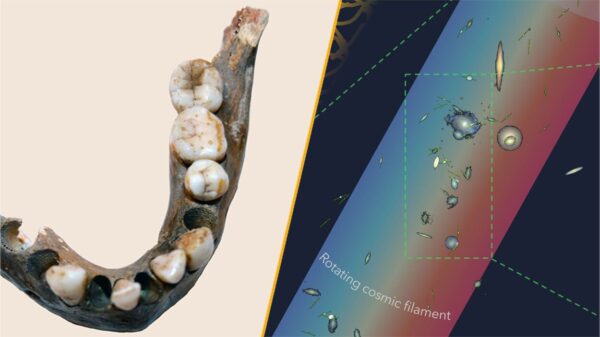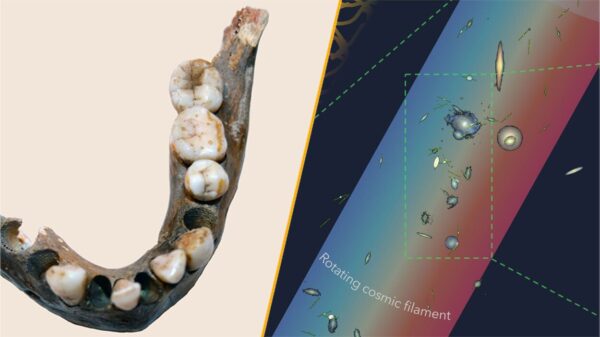Recent research has unveiled a surprising connection between bacterial infections and heart attacks, challenging long-held beliefs about coronary artery disease. A collaborative study involving scientists from the University of Oxford, Tampere University, Oulu University, and the Finnish Institute for Health and Welfare indicates that bacteria may play a significant role in the formation of atherosclerotic plaques, which can lead to heart attacks. This study, published in the Journal of the American Heart Association, suggests that vaccination could potentially prevent these infections and, consequently, heart attacks.
Heart disease consistently ranks as the leading cause of death in the United States, affecting individuals regardless of their racial background or gender. Traditionally viewed as a non-communicable disease, heart disease has been primarily associated with factors such as high blood pressure, high cholesterol, diabetes, and lifestyle choices. The Centers for Disease Control and Prevention (CDC) identifies a range of risk factors, including obesity and family history, but the role of bacterial infections in this context has been largely overlooked until now.
Revolutionary Findings on Bacterial Presence in Plaques
In their investigation, researchers analyzed coronary plaques from 121 individuals who had died from sudden cardiac arrest and 96 surgical patients. Using advanced methodologies, they discovered the presence of bacterial biofilms within these plaques. Remarkably, some bacteria were found to remain dormant within an impenetrable biofilm, shielded from the immune system and antibiotics.
Upon activation, these bacteria can provoke an inflammatory response from the body, potentially leading to the rupture of plaques. Such ruptures can result in dangerous blood clot formation, significantly increasing the risk of heart attacks. Genetic analysis of the bacterial DNA revealed that these organisms likely originated from the mouth, lungs, gut, and skin, suggesting that chronic inflammation may arise from microorganisms that typically coexist peacefully with humans under healthy conditions.
The first author of the study, Pekka Karhunen, emphasized the study’s groundbreaking nature: “Bacterial involvement in coronary artery disease has long been suspected, but direct and convincing evidence has been lacking. Our study demonstrated the presence of genetic material – DNA – from several oral bacteria inside atherosclerotic plaques.”
Implications for Future Diagnostic and Preventive Strategies
The implications of these findings extend beyond mere academic interest. This research opens the door to new diagnostic methods and therapeutic strategies for heart disease. The possibility of developing vaccines to prevent coronary artery disease and associated heart attacks could revolutionize treatment approaches.
As the scientific community continues to explore this connection between bacteria and heart disease, the potential for innovative preventive measures becomes increasingly tangible. This research underscores the need for a broader understanding of coronary artery disease, incorporating the role of bacterial infections into traditional risk assessment frameworks.
While the study offers promising insights, it is essential to note that this article is for informational purposes only and does not constitute medical advice. Further research will be necessary to fully understand the clinical applications of these findings and their impact on public health strategies.
As the landscape of heart disease prevention evolves, the integration of microbial health into cardiovascular care could play a pivotal role in reducing the incidence of heart attacks worldwide.




































































